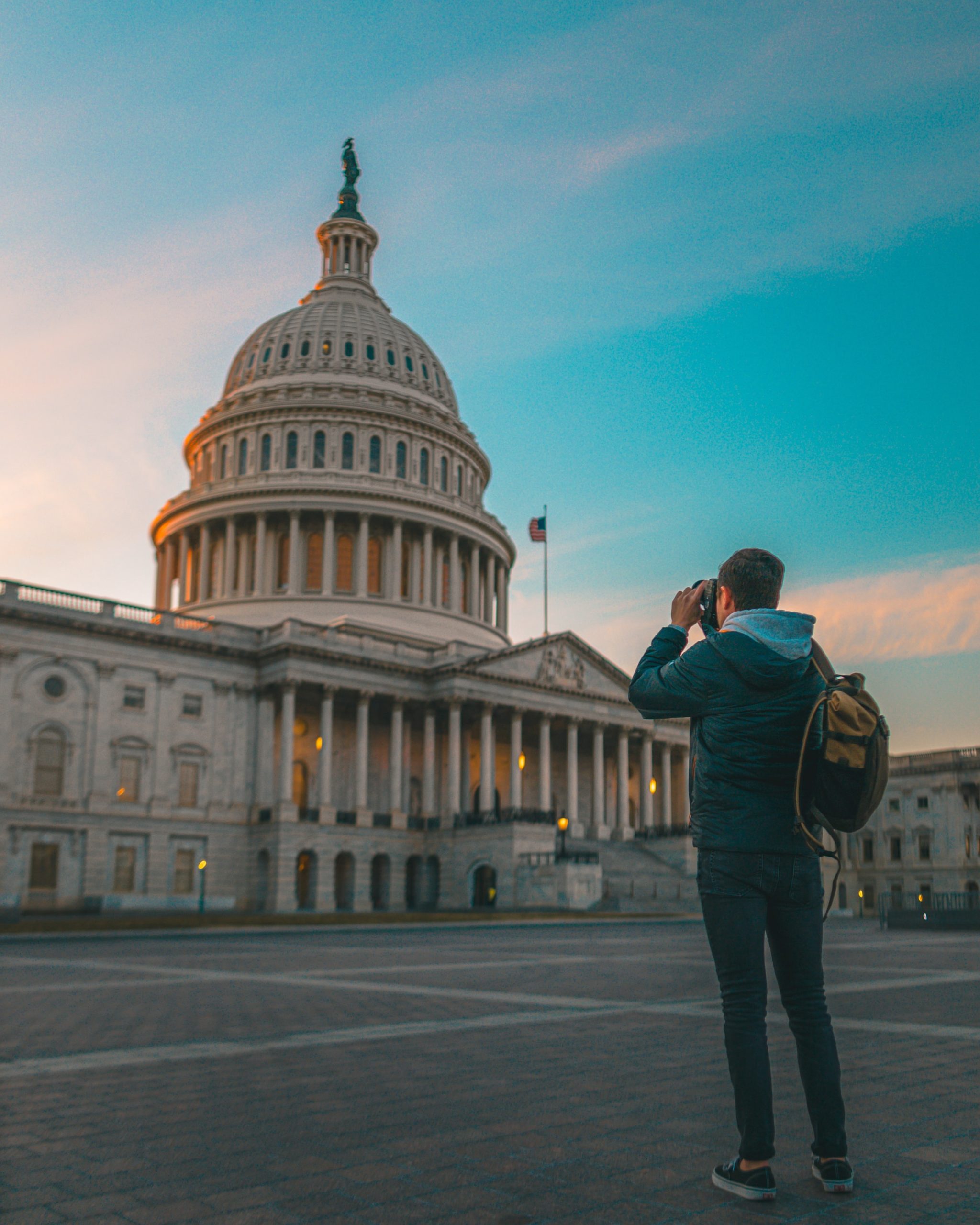With the US House of Representatives introducing new articles of impeachment, some of President Donald Trump’s most ardent supporters are framing his remarks before last week’s siege of the US Capitol as a form of free speech. Senator Ted Cruz recently characterized the president’s actions as mere “language and rhetoric.” Senator Lindsay Graham warned that impeaching the president for incitement would “erode the institution of the presidency itself.” Even the Pentagon entered the fray, with an official timeline of the National Guard’s delayed deployment to Capitol Hill characterizing mob violence as a “first amendment protest.”
Well-meaning Americans have reason to be concerned — and confused. In the days since extremists in paramilitary gear stormed the Senate chamber armed with zip-ties, Washington witnessed an equally disturbing struggle over the terminology used to describe the violence. Terms are now weaponized for partisan purposes, with progressive pundits describing an “attempted coup” at the US Capitol while Trump loyalists target the “traitors” who certified the 2020 Electoral College results.
It is tempting to dismiss such language as hyperbole. But this latest war of words reveals deeper social and institutional erosion. After four years of culture wars, norm-shattering outrages, and hyper-partisan conflict, Americans’ perceptions of the US Capitol siege closely tracks their political affiliations. This is the predictable consequence of diminishing confidence in public institutions and the corresponding rise of radicalized, particularized communities on social media. We consume different news, believe different facts, inhabit different worlds. According to Timothy Snyder, the result is a post-truth society that is rapidly “losing the distinction between what feels true and what is actually true.”
Collapsing these distinctions strengthens Trump’s hand. If the left and right each has its own truth, then impeachment becomes another partisan struggle for power. And if that struggle pits two irreconcilable Americas against one another, then consensus is impossible and conflict inevitable. This is the unspoken subtext for House Minority Leader Kevin McCarthy’s claim that impeaching Trump “will only divide our country more.” Ironically, it reflects the same soft nihilism and moral relativism that conservatives once denounced — casual, corrosive, and cloaked in self-serving appeals for national unity.
For all their emphasis on law and order, Trump and his enablers show little fealty to the law itself. To them the law is a rhetorical weapon, an instrument for intimidation, a mechanism for normalizing the politics of grievance and white supremacy. But for most Americans the law — and especially the Constitution — is something sacred
Impeachment is a political act, to be sure. But the standards and frameworks Congress applies are quasi-judicial: the House indicts and prosecutes; the Chief Justice presides; and the Senate, acting as a jury, convicts or acquits. Counsel present witnesses, testimony, evidence, and arguments. The result is a trial of fact grounded in the one immutable reality that every American in our post-truth society still shares: the law.
Federal law makes three critical contributions to the impending impeachment process. The first is separating subjective political opinions from objective, observable acts. As a general rule, the First Amendment provides sweeping protections for individual belief, self-expression, and peaceful protest. For instance, it prohibits discriminating between viewpoints based on the underlying ideas, messages, or subject matter. But these liberties end once violence begins. When a president’s rhetoric provides — and then promotes — a roadmap for imminent lawless action, it becomes illegal incitement rather than free speech.
The second contribution is a framework based on facts rather than feelings. Federal law defines the term “insurrection” broadly to include domestic violence, unlawful assemblies, or conspiracies that obstruct, oppose, or impede the execution of US law. It then prohibits inciting an insurrection, even if one does not participate directly in it. Conspiring to prevent, hinder, or delay the execution of US law through violence is also banned, even if a conspirator does nothing to further the conspiracy. Collectively these measures ban the violent subversion any US law — including the certification of Electoral College results under the Twelfth Amendment.
The third and most essential contribution is a coherent line of inquiry. Did pro-Trump extremists use violence to oppose the certification process? Did their unlawful assembly obstruct or impede the peaceful transition of power? Most significantly, did the violent assault on Congress commence immediately after Trump urged these extremists to “walk down to the Capitol” and “take their country back” in a speech that used the words “fight” or “fighting” more than twenty times? These questions answer themselves. Even if one questions the political merits of impeachment, the law illuminates the issues and evidence that Congress must now consider.
For all their emphasis on law and order, Trump and his enablers show little fealty to the law itself. To them the law is a rhetorical weapon, an instrument for intimidation, a mechanism for normalizing the politics of grievance and white supremacy. But for most Americans the law — and especially the Constitution — is something sacred. It tempers majority rule by protecting minority rights and balances individual freedom with the duties we owe to each other. Most significantly, it provides the language and lessons that distinguish speech and protest from incitement and insurrection. In this sense the law is not just a framework for governing, but also a strategy for self-preservation.
In the coming days, some observers may cast Trump’s second impeachment as a constitutional crisis. Nothing could be further from the truth. The Revolutionary War generation established a system for constraining autocrats and marginalizing demagogues. The Civil War generation crushed secessionism and abolished slavery. The Civil Rights generation defeated fascism abroad while confronting systemic racism at home. Our laws are products of their collective insights and struggles, woven into words and bequeathed to the future. They were made for this moment. And so are we.
Christopher Swift is a national security lawyer at Foley & Lardner LLP and an adjunct professor of national security studies at Georgetown University. The views expressed are his own.





















